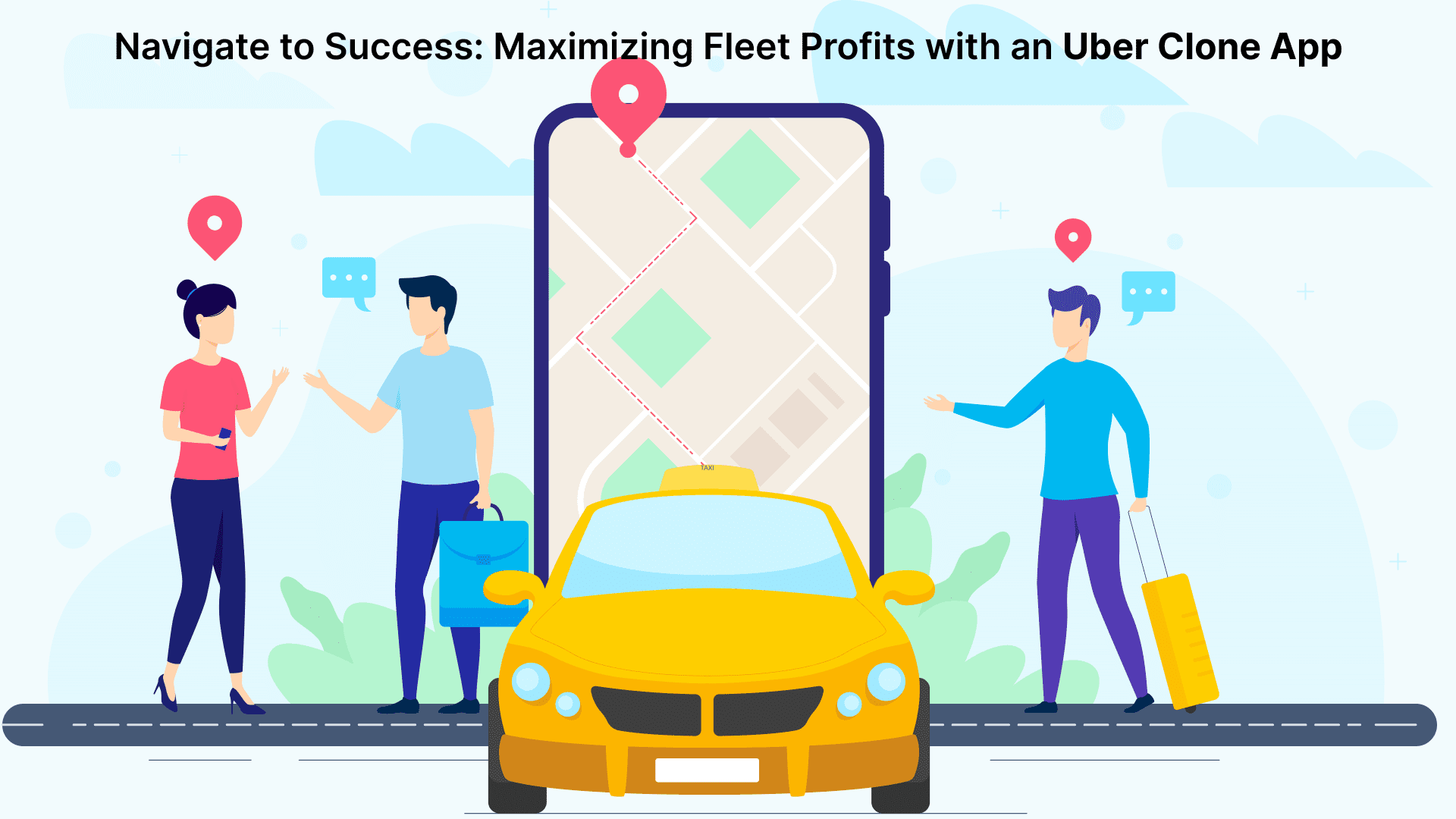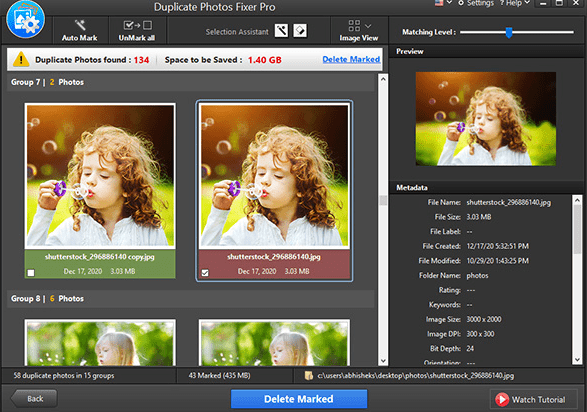
Efficient fleet management is the cornerstone of success for any transportation business. However, navigating the complexities of optimizing fleet operations to maximize profits can pose a significant challenge. In this article, we delve into the realm of leveraging Uber clone apps to revolutionize fleet management strategies. Expect insightful guidance on choosing the right app, implementing it effectively, and unlocking the full potential of your fleet for unparalleled profitability.
As we explore real-world success stories and future industry trends, rest assured that you will gain valuable knowledge and actionable tips to propel your fleet towards unprecedented success. Join us on this journey as we uncover how embracing technology can transform your fleet management approach and pave the way for a bright and prosperous future.
Setting the Stage: The Growing Trend of Uber Clone Apps
As technology continues to revolutionize various industries, the transportation sector has witnessed a significant shift with the rise of Uber clone apps. These innovative solutions offer a streamlined approach to fleet management, allowing companies to optimize their operations and enhance customer experiences. The increasing popularity of Uber clone apps reflects a larger trend towards digitization and efficiency in business processes.

The adoption of Uber clone apps is not limited to traditional taxi services but has expanded to include various industries such as logistics, delivery services, and corporate transportation. By leveraging the advanced features of these apps, businesses can improve route optimization, monitor vehicle performance in real-time, and provide seamless communication between drivers and customers. This trend highlights the transformative power of technology in redefining how we approach transportation and logistics management.
Furthermore, the scalability and flexibility offered by Uber clone apps make them an attractive solution for companies looking to adapt to changing market demands swiftly. Whether managing a small fleet or a large-scale operation, businesses can benefit from the customizable features and data-driven insights provided by these applications. Embracing this growing trend signifies a commitment to innovation and staying ahead in an increasingly competitive industry landscape.
Understanding the Benefits of Using an Uber Clone App for Fleet Management
Efficient fleet management is crucial for businesses to thrive in today’s fast-paced world. Utilizing an Uber clone app can revolutionize the way fleet operations are handled, offering a myriad of benefits to streamline processes and boost productivity.
One significant advantage of using an Uber clone app for fleet management is enhanced transparency and visibility. By utilizing real-time tracking features, managers can monitor the whereabouts of vehicles, optimize routes, and make informed decisions promptly. This level of transparency not only improves operational efficiency but also enhances customer satisfaction by providing accurate ETAs.
Another key benefit is cost-effectiveness. Implementing an Uber clone app eliminates the need for manual paperwork and reduces human errors, leading to significant cost savings in the long run. Moreover, by leveraging data analytics capabilities inherent in these apps, businesses can identify areas for improvement, optimize resource allocation, and ultimately increase profitability.
How to Choose the Right Uber Clone App for Your Fleet
When selecting an Uber clone app for your fleet, it is crucial to consider key factors that align with your business goals and operational needs. Start by evaluating the features offered by various apps to ensure they meet your specific requirements.
Look for customization options that allow you to tailor the app to suit your branding and operational workflows. A user-friendly interface is essential for maximizing efficiency and ensuring seamless adoption by your drivers and staff. Additionally, prioritize apps that offer robust security measures to protect sensitive data and ensure smooth operations.
Consider the scalability of the app as your fleet grows and evolves over time. A flexible solution that can accommodate future expansion will save you time and resources in the long run. Lastly, seek feedback from other fleet managers who have experience with different apps to gain insights into their performance, reliability, and customer support.
Implementing the Uber Clone App: Tips for Success
When implementing an Uber clone app for your fleet management, it is crucial to start by clearly defining your objectives and goals. Identify the specific challenges you aim to address and how the app can help streamline operations. Communicate these goals effectively with your team to ensure everyone is on board and aligned towards a common vision.
Collaboration is key in successfully integrating an Uber clone app into your fleet management processes. Engage with all stakeholders, including drivers, dispatchers, and administrative staff, to gather valuable insights and feedback. Encourage open communication channels to address any concerns or suggestions that may arise during the implementation phase.
Training and ongoing support are essential components of a smooth transition to using an Uber clone app. Invest in comprehensive training programs to familiarize all users with the features and functionalities of the app. Provide continuous support post-implementation to troubleshoot any issues and optimize usage efficiency. Remember, a well-trained team leads to better results and increased satisfaction.
Maximizing Profits Through Efficient Fleet Management with an Uber Clone App
Optimizing Route Planning: A key factor in maximizing profits is efficient route planning. Utilizing the advanced features of an Uber Clone App, such as real-time tracking and traffic updates, can help fleet managers plan the most time and cost-effective routes for their drivers. By minimizing idle time and fuel consumption, businesses can see a significant boost in profitability.
Enhancing Driver Performance: Another way to increase profits is by focusing on improving driver performance. An Uber Clone App allows for real-time monitoring of driver behavior, enabling managers to identify areas for improvement and provide targeted training where needed. By encouraging safe driving practices and efficient route navigation, companies can reduce maintenance costs and increase overall productivity.
Data-Driven Decision Making: Leveraging the data analytics capabilities of an Uber Clone App can be a game-changer for fleet management. By analyzing key performance metrics such as driver efficiency, vehicle utilization rates, and customer satisfaction ratings, businesses can make informed decisions to optimize operations and maximize profits. This data-driven approach ensures that resources are allocated effectively and strategic decisions are based on concrete insights rather than guesswork.
Real-World Success Stories: Companies Thriving with Uber Clone Apps
Revolutionizing the Transport Industry: XYZ Transport, a mid-sized logistics company, embraced an Uber Clone App to streamline its operations. By leveraging real-time tracking features and automated dispatch systems, they saw a 30% increase in efficiency. This success story proves that embracing technology can lead to transformative results in fleet management.
Empowering Small Businesses: ABC Couriers, a local courier service, adopted an Uber Clone App to compete with larger players in the industry. The app’s user-friendly interface and route optimization tools enabled them to provide faster and more reliable service. As a result, their customer base grew by 40%, showcasing how technology can level the playing field for small businesses.
Sustainable Solutions for Growth: EcoRide, an eco-friendly transportation company, integrated an Uber Clone App to enhance its sustainability efforts. The app’s analytics tools helped them optimize routes for minimal environmental impact while maintaining cost-efficiency. This innovative approach not only attracted environmentally conscious customers but also led to a 25% increase in revenue, demonstrating that profitability and sustainability can go hand in hand.
Overcoming Challenges and Roadblocks in Implementing an Uber Clone App
Ensuring Driver Adoption: One of the main challenges faced when implementing an Uber Clone App is getting drivers on board with the new technology. To overcome this, provide comprehensive training sessions that highlight the benefits of using the app for both drivers and the company. Emphasize how it can streamline their workflow and increase their earning potential.
Managing Resistance to Change: Resistance to change is a common roadblock in any technological implementation. To address this, foster open communication channels with your team members. Encourage feedback and address concerns promptly. Highlight success stories from other fleets that have successfully integrated Uber Clone Apps, showcasing the positive impact it has had on their operations.
Data Security Concerns: Another challenge in implementing an Uber Clone App is ensuring data security and privacy. Address these concerns by working closely with your app provider to implement robust security measures such as encryption protocols and secure server storage. Assure your drivers and customers that their data is safe and protected, instilling trust in the system.
The Future of Fleet Management: How Uber Clone Apps are Innovating the Industry
As we peer into the future of fleet management, it becomes evident that Uber clone apps are revolutionizing the industry landscape. These innovative apps offer a glimpse into a world where transportation efficiency and profitability converge seamlessly. By leveraging cutting-edge technology and data analytics, fleet managers can now optimize routes, enhance driver performance, and reduce operational costs.
The integration of artificial intelligence and machine learning algorithms in Uber clone apps is reshaping how fleets operate. Predictive maintenance capabilities allow for proactive vehicle servicing, minimizing downtime and maximizing productivity. Real-time tracking features provide unparalleled visibility into fleet operations, enabling instant decision-making and enhancing customer satisfaction. The future of fleet management is vibrant with possibilities as these technologies continue to evolve.
Furthermore, the advent of electric and autonomous vehicles in conjunction with Uber clone apps heralds a new era of sustainability and safety in fleet management. By embracing eco-friendly practices and autonomous driving functionalities, fleets can reduce their carbon footprint while ensuring enhanced passenger safety. This symbiosis between technology innovation and environmental consciousness signifies a promising future where profitability aligns with social responsibility in the realm of fleet management.
Conclusion
In conclusion, the implementation of an Uber Clone App for fleet management presents a promising opportunity for companies to streamline operations and maximize profits. By leveraging the advanced features and functionalities offered by these apps, businesses can enhance efficiency, reduce costs, and ultimately drive success in the competitive industry.
As we look towards the future of fleet management, it is evident that technology will continue to play a crucial role in shaping the landscape. Embracing innovative solutions like Uber Clone Apps not only positions companies for growth but also fosters a culture of adaptability and forward-thinking strategies. With dedication and strategic utilization, fleets can navigate towards sustainable success in an ever-evolving market.








